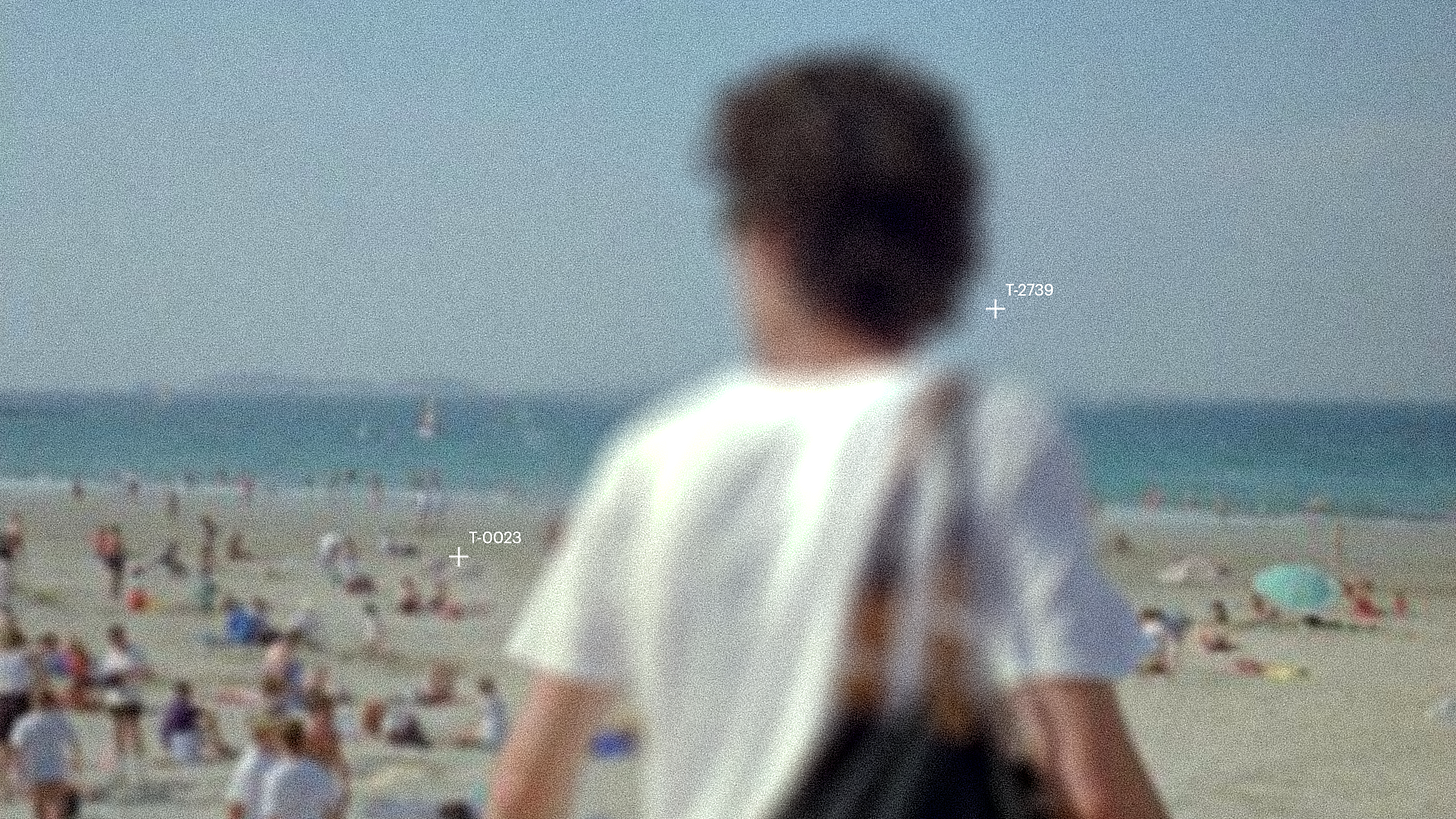Dr. ChatGPT Will See You Now
Why AI is outdiagnosing human doctors (and what that means for your daily health)
We all know not to Google our symptoms - classic mistake that leads you from "mild headache" to "rare tropical brain parasite you definitely contracted from that low quality sushi." But here's the thing: AI-powered medical diagnosis is fundamentally different. It's not WebMD on steroids; it's pattern recognition that's actually getting scary good.
The logic still applies though: you need to know how to ask the right questions and which sources to trust. But the recent studies coming out? They're wild enough to make even the most skeptical doctors pause mid-eye-roll.
The Numbers Game: When Machines Beat MDs
Let's start with some reality checks that might surprise you:
ChatGPT-4 diagnostic accuracy: Over 92% on complex medical cases
Physicians using conventional resources: 74% median accuracy
Physicians with AI assistance: Only 76% (barely better!)
Emergency departments: GPT-4 outperformed resident physicians
But before we start planning AI's medical school graduation party, let's talk about human doctors:
Diagnostic error rates: 10-20% in autopsy studies, up to 44% in confidence studies
"Completely certain" doctors: Wrong 40% of the time when checked against autopsies
Reality check: Even without AI, doctors are wrong a shocking amount of the time
The most recent study out of Stanford is especially revealing about our cognitive biases. Researchers were surprised that ChatGPT Plus alone performed so well, with median diagnostic accuracy of more than 92%, suggesting physicians would benefit from training on how to use prompts effectively. The problem? Many doctors ignored ChatGPT's better diagnoses or didn't fully utilize its capabilities, treating the chatbot like a search engine rather than feeding it full case histories for comprehensive analysis.
The Pattern Recognition Revolution
But here's what's really blowing my mind, and should blow yours too. There was a study mentioned recently on the All-In podcast about AI identifying abnormalities in gene sequencing without any prior medical knowledge. Just pure pattern recognition. The implications are staggering. It highlights either how terrible we are at pattern recognition, or how frighteningly good AI is getting. Probably both.
This isn't just about getting the diagnosis right (though that's obviously crucial). It's about what happens after the diagnosis, which is where the real opportunity lies.
Keep reading with a 7-day free trial
Subscribe to In Search Of to keep reading this post and get 7 days of free access to the full post archives.



